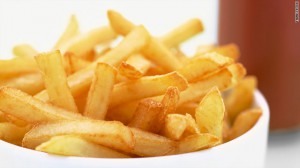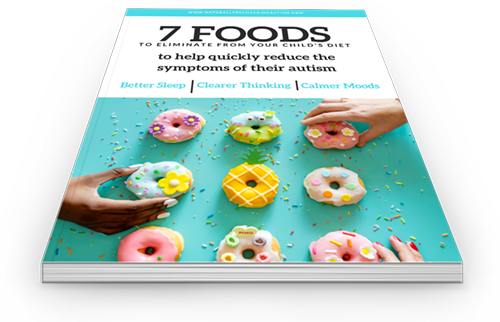What Are Trans Fats?
Trans fats are hydrogenated or partially hydrogenated fats, also known as plastic fats. These are chemicals that were created in the 1920’s to help prevent food from spoilage, because of course spoilage lowers profits. Unfortunately, these chemicals also preserve the cells in your body. They create a plastic film around the cells, making them essentially ineffective.
Building Blocks for New Cells
Remember that new cells are built from surrounding materials. You can offer your body plastic, trans fats or healthy fats to do so. Trans fats can lead to depression, chronic fatigue, attention deficit, and foggy thinking. These bad trans fats can  impair the body’s ability to build and maintain adequate amounts of neurotransmitters which regulate such things as mood, sleep, and appetite. According to Public Health Nutrition, those who ate more pastries and fast food were 41 percent more likely to develop depression than those who ate none.
impair the body’s ability to build and maintain adequate amounts of neurotransmitters which regulate such things as mood, sleep, and appetite. According to Public Health Nutrition, those who ate more pastries and fast food were 41 percent more likely to develop depression than those who ate none.
What Can You Do?
Lower your intake of polyunsaturated omega 6 fats. We get more omega 6 fats than we need in our daily diets and omega 6 fats battle against the good omega 3 fatty acids, depleting them. We need omega 3’s for brain health, among many other necessary bodily functions.
The bad fats, omega 6 types, are corn oil, safflower oil, sunflower oil, peanut oil, soybean oil, and canola oil. These oils promote inflammation and suppress the immune system. Most restaurants, especially fast food places use these bad fats for cooking and frying. At home, you should cook only with animal fats, including butter, or non-hydrogenated coconut oil. Unlike the omega 6-type oils, these fats will not alter their chemical form under heat.
In health,
Karen Thomas

Essential Oils Guide – 2018
Enter your details so I know where to send your free guide. You’ll receive your guide via email within a few minutes.










